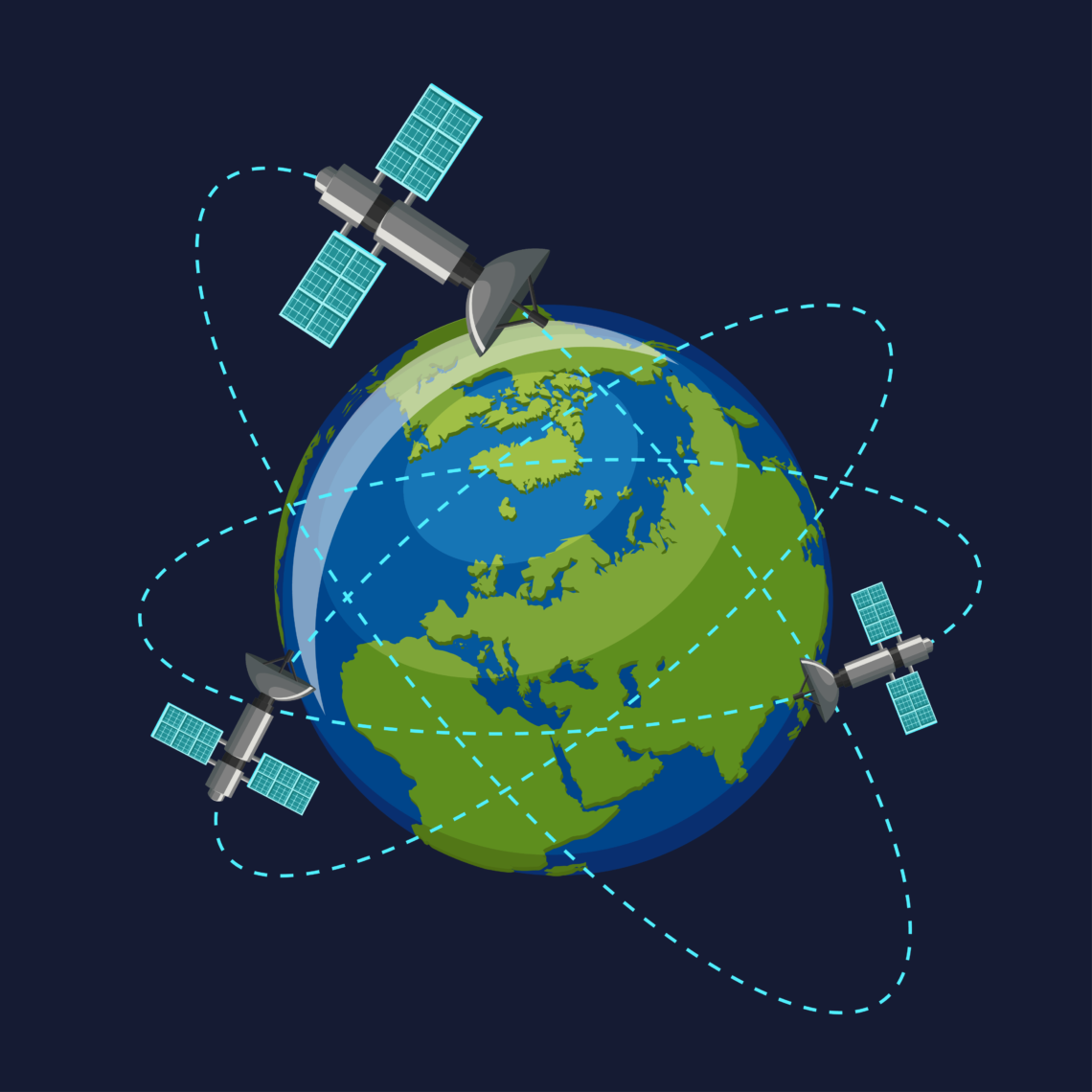
Your Neural GPS
One of the easiest metaphors I use to increase understanding of how your brain and body work
together to create elegant movement is to envision your body as a “Neural GPS.” To help build
this metaphor, the GPS unit in your car or on your smartphone does several things:
- It tells you where you currently are and what’s around you.
- It tells you how to get to where you want to go efficiently and quickly.
- It tells you how fast you are moving and when you will reach your destination.
How Does It Do This?
When you turn your GPS on, the central processing unit (CPU) begins to look for satellites. To
function correctly, your CPU needs to locate and communicate with at least three satellites.
Once it locates these satellites, it has to compare and integrate information coming in from all
three satellites in order to give you good information about where you are in space. If you’ve
ever been driving to a destination relying on your GPS and suddenly lost satellite reception,
you know how frustrating it can be when the satellite signal quality is bad. You’re cruising
along and suddenly you’re lost! You hit the brakes, cutting power to the engine, and your driving
becomes slower and more cautious.
In your body, it works virtually the same way. We have a central processing unit and 3
satellite systems:
- In the human body, the brain is the central processing unit.
When the brain loses connection or can’t integrate the information coming from its
satellite systems, our movement capabilities and strength tend to decrease.
The three Satellites are your:
- Eyes (Visual System)
- Inner Ear (The Vestibular System)
- Movement/Sensory System (The Proprioceptive System)
To move efficiently and gracefully through the world, you need great signal quality
from each of these satellites.
In terms of importance, there is a precise ranking:
- Visual system
- Vestibular System
- Proprioceptive system
The visual system alone is responsible for 70-90 percent of all incoming signals, depending on the scientific source.
So, how often do you exercise your eyes? Or your balance? Probably you do some mobility training? Or not even that?
I’d be happy to help you reach your full potential.
Stay healthy and active,
Christian






